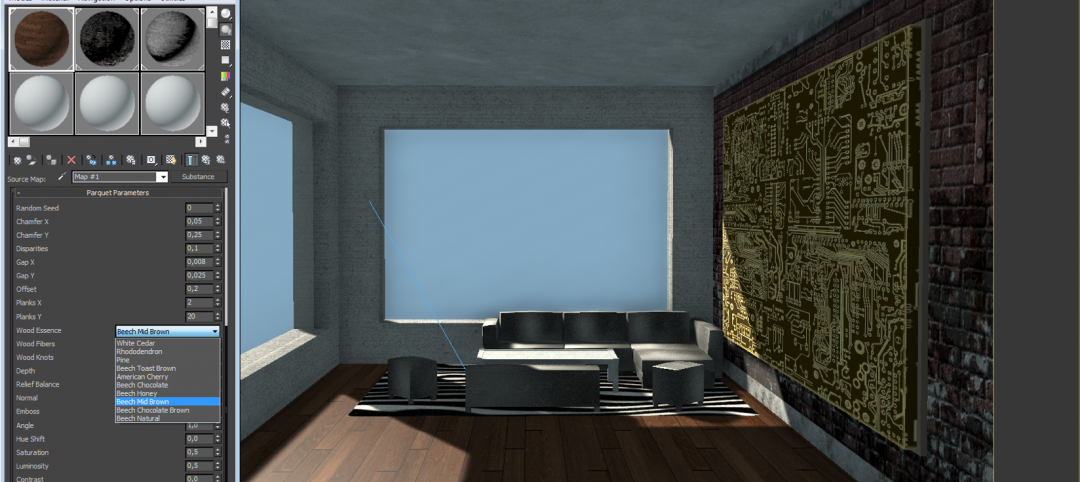Dow Building Solutions announced two Research and Development (R&D) test facilities located at the Dow Building Solutions’ North American headquarters in Midland, Mich.
The R&D “Wall Assembly Research Center” and “Spray Foam Application Technology Research Facility” have been built to test and evaluate insulation, air sealing and weatherization systems in a controlled lab environment in order to provide customers with real-world data of how the products will work together and perform and function in the field.
The Wall Assembly Research Center is a 1,600 sf wall system research lab that has over 30 interchangeable wall sections that enables Dow to test various residential and commercial wall systems.
It also allows for the testing of exterior wall system components to see how they stand up to outside elements and perform in a cold climate zone. Systems being tested include rigid and spray insulations, exterior cladding, and various framing techniques, in all cardinal directions.
The Wall Assembly Research Center is wired with a state-of-the-art monitoring system that allows researchers to collect, analyze and process the performance of each of these interchangeable wall systems over extended periods of time.
Dow collaborated very closely with Building Science Corporation to design and construct this unique facility in a way that the data collected can help further develop Dow building envelope products and systems and provide answers to the most relevant industry questions.
The second research test facility is a 2,000 sf spray booth and lab that enables researchers to evaluate the application of new spray foam chemistries and methods. The Spray Foam Application Technology Research Facility was created to test liquid-applied construction solutions and materials, such as spray polyurethane foams and weatherproofing systems, to help better understand how spray products work in both small and large-scale applications while using a variety of application equipment such as refillable cylinders and 2-component high-press spray rigs. Beyond testing and gathering data on chemistries and application methodologies, the research facility is also being used to provide education and training on the application and safe handling of these spray foam products that contribute to the creation of a better performing building envelope. BD+C
Related Stories
| Dec 13, 2010
Energy efficiency No. 1 priority for commercial office tenants
Green building initiatives are a key influencer when tenants decide to sign a commercial real estate lease, according to a survey by GE Capital Real Estate. The survey, which was conducted over the past year and included more than 2,220 office tenants in the U.S., Canada, France, Germany, Sweden, the UK, Spain, and Japan, shows that energy efficiency remains the No. 1 priority in most countries. Also ranking near the top: waste reduction programs and indoor air.
| Dec 7, 2010
Are green building RFPs more important than contracts?
The Request for Proposal (RFP) process is key to managing a successful LEED project, according to Green Building Law Update. While most people think a contract is the key element to a successful construction project, successfully managing a LEED project requires a clear RFP that addresses many of the problems that can lead to litigation.
| Dec 7, 2010
Blue is the future of green design
Blue design creates places that are not just neutral, but actually add back to the world and is the future of sustainable design and architecture, according to an interview with Paul Eagle, managing director of Perkins+Will, New York; and Janice Barnes, principal at the firm and global discipline leader for planning and strategies.
| Dec 7, 2010
Green building thrives in shaky economy
Green building’s momentum hasn’t been stopped by the economic recession and will keep speeding through the recovery, while at the same time building owners are looking to go green more for economic reasons than environmental ones. Green building has grown 50% in the past two years; total construction starts have shrunk 26% over the same time period, according to “Green Outlook 2011” report. The green-building sector is expected to nearly triple by 2015, representing as much as $145 billion in new construction activity.
| Dec 7, 2010
USGBC: Wood-certification benchmarks fail to pass
The proposed Forest Certification Benchmark to determine when wood-certification groups would have their certification qualify for points in the LEED rating systemdid not pass the USGBC member ballot. As a result, the Certified Wood credit in LEED will remain as it is currently written. To date, only wood certified by the Forest Stewardship Council qualifies for a point in the LEED, while other organizations, such as the Sustainable Forestry Initiative, the Canadian Standards Association, and the American Tree Farm System, are excluded.
| Dec 7, 2010
Prospects for multifamily sector improve greatly
The multifamily sector is showing signs of a real recovery, with nearly 22,000 new apartment units delivered to the market. Net absorption in the third quarter surged by 94,000 units, dropping the national vacancy rate from 7.8% to 7.1%, one of the largest quarterly drops on record, and rents increased for the second quarter in a row.
| Dec 7, 2010
Hot rumor: Norman Foster designing Apple’s new campus
Lord Norman Foster, reportedly has been selected to design Apple’s new campus in Cupertino, Calif. If the news is true, Foster is a good match for Apple say experts. Foster built his celebrity by marrying big gestures to technological wizardry. And, unlike some starchitects, he has glommed onto the environmental revolution—something Apple has made a point of embracing, too.
| Dec 7, 2010
10 megacities of the near future
With Beijing, Shanghai, and Mumbai already on the global radar, where can the next wave of construction be found? Far beyond China, India, and even Brazil it’s predicted. The world’s next future megacities could include Istanbul, Turkey; Ho Chi Minh City, Vietnam; and Khartoum, Sudan, among others. Read about these emerging and little-known behemoths.








